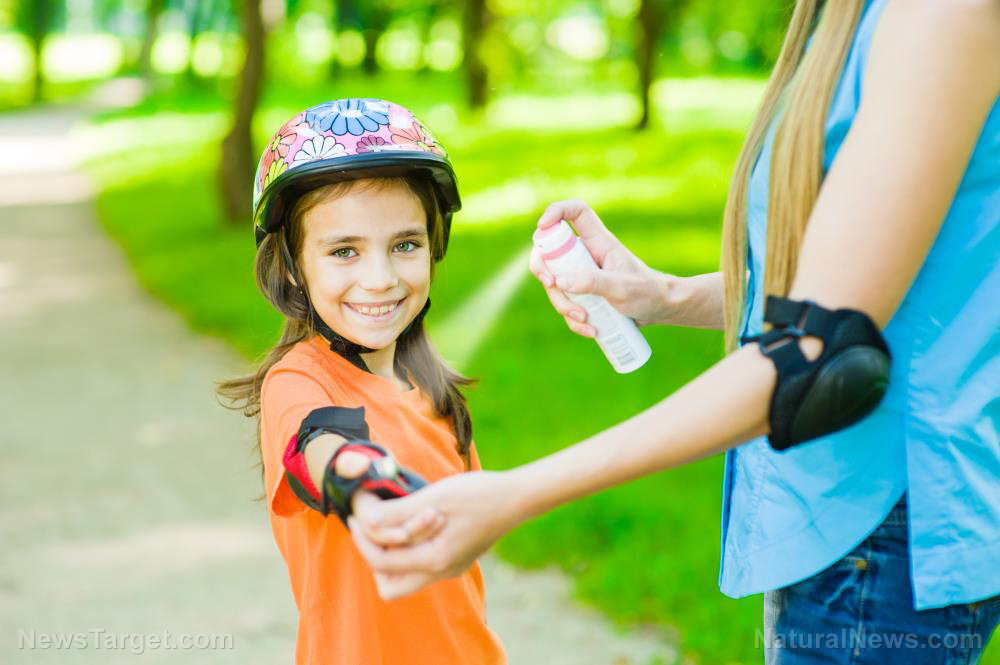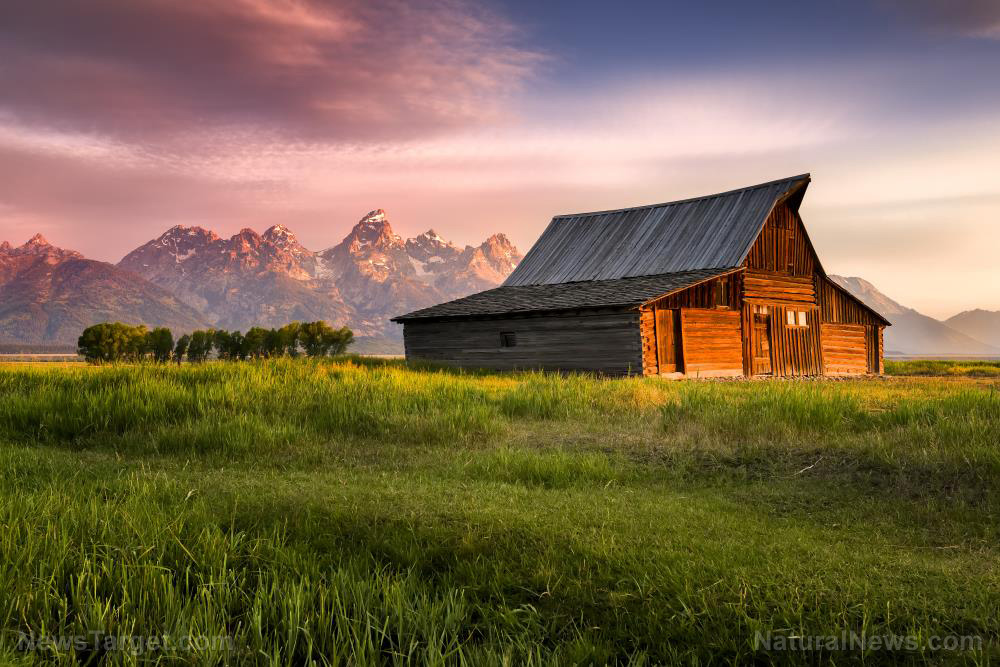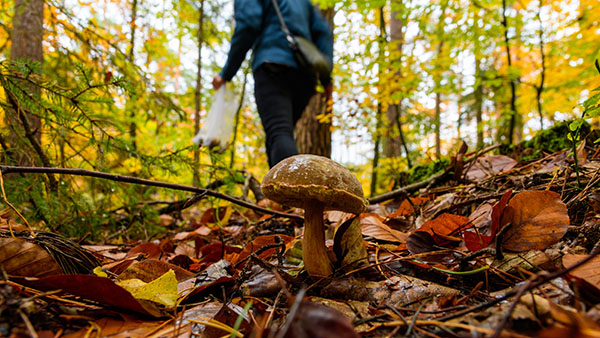
Extra clothing
It'll be difficult to predict the weather in a post-SHTF world. Unless you want to be caught in a hurricane or a snow storm without proper clothing, you must pack as many clothes as you need. Consider the weather your RV may have to deal with and pack accordingly. Grab a few more pairs of socks and stock up on some extra sweaters or raincoats for cold or rainy days. Also consider procuring some emergency blankets in case your RV's heater breaks down.
Healthy, non-perishable food
You don't know how long you'll be out on the road, which is why you need to get a lot of food. But the food you must bring needs to be nutritious as well, otherwise you might see the state of your health deteriorate. Some of the healthiest natural non-perishable foods include nuts, seeds, beans and whole grains, along with dried fruits and veggies. You may even want some home canned meats, fruits and vegetables.
Potable water
If you and your family need to bring extra food, then you definitely must also bring potable water. One adult will generally need to drink at least one gallon of water a day to stay healthy. Keep extra water in your holding tank and consider bringing along some plastic bottles and other reusable water containers. Don't forget to bring some portable water filters and purifiers, so you can refill your water containers from rain or stream water.
Natural medicine and a first aid kit
Don't forget that you also need to look after your health on the road, more so after disaster strikes. This means you must stock up on natural medicines. This means filling containers with natural ingredients such as apple cider vinegar, honey, garlic, aloe vera and coconut oil. Don't forget that you must also prepare for accidents, so make sure you have a well-stocked first aid kit. Consider going through some first aid training as well. Taking a class or reading a book on first aid can help you learn essential skills such as learning how to make a tourniquet.
Water-resistant flash drives and hard drives
Keeping multiple folders filled with your personal, legal and financial files may not be practical in an RV, where every inch of space counts and a lot of it needs to be used on the most essential items, such as food, water and medicine. To combat this, you should instead make digital copies of all of your files and store them on water-resistant flash drives and hard drives. Consider also storing your files in one or two spare drives so that you have back ups in case something happens to the other drive. A hard drive can last long and will be able to store a huge amount of data, but may be a bit costly. Small flash drives are generally inexpensive and should be enough to hold plenty of documents. Make sure to protect access to your flash drives and hard drives with a strong password.
Your RV is your second home. It will keep you safe as you travel to your bug out location. If you're well stocked with the essentials, then your journey may be a little bit easier.
Sources include:
Please contact us for more information.























